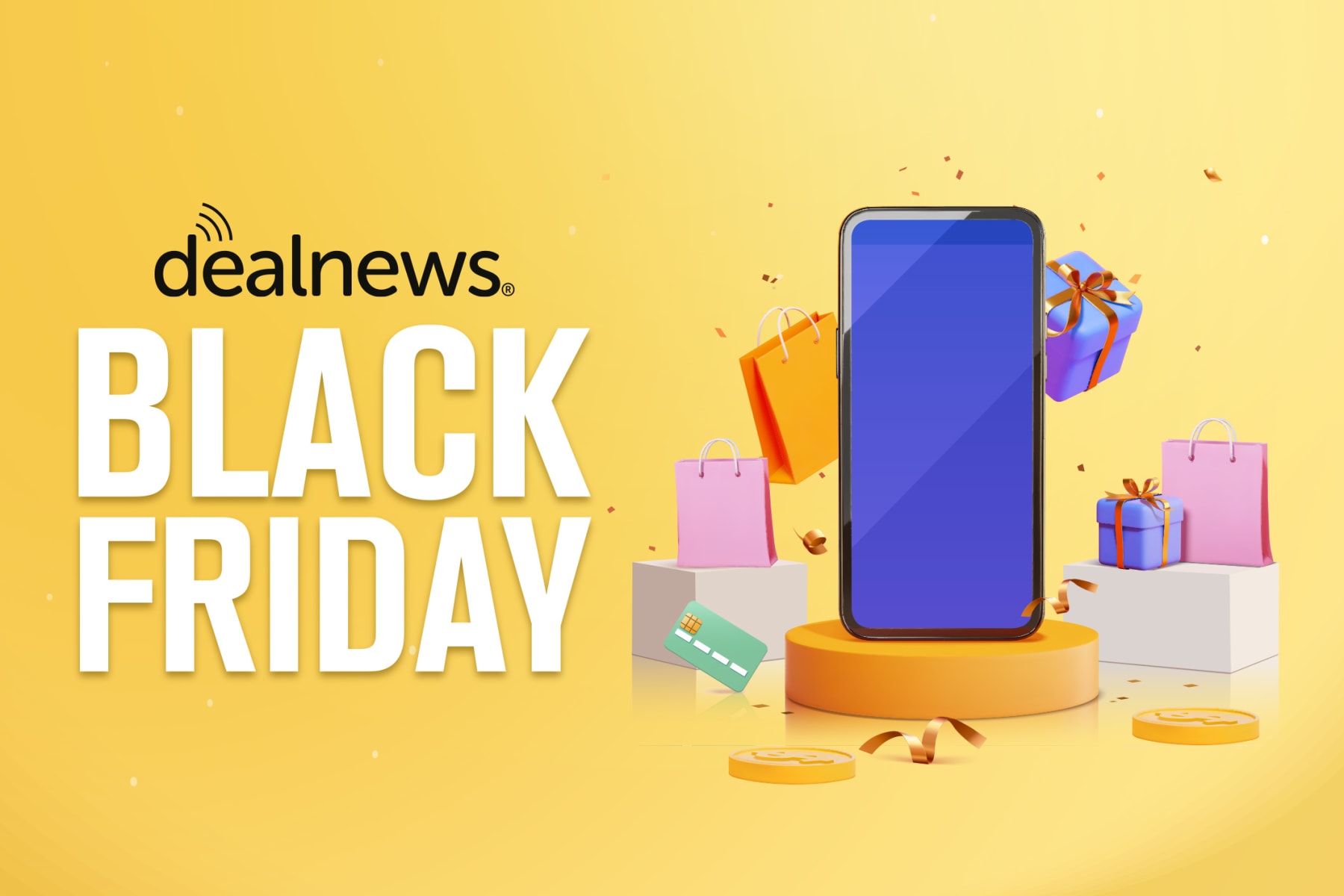Black Friday 2023 Predictions: Check Out Our Deal Previews!

The Black Friday season has grown longer during the last few years, to the point where some people wonder if Black Friday matters anymore. While the deals aren't confined to one day now, the shopping holiday is still incredibly popular and offers some of the best prices we see all year. As such, we think shoppers will be seeking out Black Friday predictions in 2023, so they know what to expect from different Black Friday deals.
And that sneak peek of sorts is what we're providing here! We've gathered all our Black Friday 2023 previews in one place, so you can peruse the major categories and learn what kinds of discounts each one will likely see this year. Check out our extensive guides on travel, TVs, Apple, LEGO, and more below.
Jump Ahead for Black Friday Deal 2023 Predictions
Black Friday 2023 Previews

Black Friday Apple Deals
Apple devices go far beyond the latest iPhones, but finding savings on these products can be difficult. Apple is well-known for not having its own Black Friday sale, although the company usually offers gift cards with select regular-priced purchases during the holiday weekend. That said, Apple isn't the only place to shop for Apple discounts. Check out our guide to Apple Black Friday deals in 2023 to see the best stores to shop and the best deals to expect for the following items:- iPhones
- Apple Watches
- iPads
- MacBooks

Black Friday Laptop Deals
A couple of times during the year are great for shopping and saving on laptops, and November is one of them. Check out our guide on Black Friday laptop deals to learn where to shop in 2023, what kinds of discounts to expect, and even what specs could be featured in certain offers. Watch for plenty of laptop deals on the following machines:- MacBooks
- Chromebooks
- Gaming laptops

Black Friday LEGO Deals
Toys are a huge category for Black Friday deals, and LEGO sets can be an especially big draw. Among the discounted LEGO offerings in 2023 might be some of the brand's most popular sets. Whether you're looking for basic sets or specific fandom kits, you should have quite a few LEGO Black Friday deals to choose from during sales for the shopping holiday. Look for the following:
Black Friday Phone Deals
Whether you're eyeing new phones that came out months ago, or want the latest Apple iPhone or Google Pixel drop, know that Black Friday phone deals offer serious savings on handsets.Look for deals on the Samsung Galaxy S23 and iPhone 15 lineups to dominate Black Friday 2023 deals. And if you're in the market for a new Pixel, watch for offers on unlocked Pixel phones, including the latest Pixel 8 and Pixel 8 Pro models.

Black Friday Shoe Deals
If you're in need of new sporty and casual shoes, look no further than Black Friday shoe deals! You'll find shoe offers around Black Friday that allow you to stock up without spending a fortune, whether you're wanting footwear for yourself or the whole family.Watch for athletic shoes to be especially popular in Black Friday sales. Expect to see discounts like up to 50% off different Nike lines, up to 70% off at adidas, and rare discounts on Hoka footwear at outdoor stores.

Black Friday Travel Deals
Travel has been a strange area the last year as the industry has worked to bounce back from the pandemic. We're expecting a decent range of Black Friday travel deals in 2023, so get ready to watch for the following offers:- 1-way flights dropping to $30 or less
- Up to 40% off or more on cruises
- Theme park tickets at up to 60% off

Black Friday TV Deals
TVs are one of the most popular items we see in Black Friday sales, and one that consumers are most excited to shop this time of year. Their appeal may be due to the fact that we see many rock-bottom prices on name-brand sets, but also because there are more TV deals in general compared to other times of year.Black Friday 2023 should be no different, and we're expecting Black Friday TV deals to be as low as $80 for smaller smart sets. But even larger TVs should have astonishing low prices worth taking advantage of. One thing to remember, though: if you're looking for a non-smart TV, you may be out of luck.
Want to save as much as possible during the holiday shopping season and beyond? Check out our "best of the best" Staff Pick deals, and follow us on Facebook and TikTok to get more shopping tips.
- We'll be maintaining fresh streaming bundle deals throughout 2025. Saving has never been easier.
- This guide will help you navigate the best Paramount Plus Black Friday discounts in 2024 and maximize your savings this year.
- There are many ways to save on gift cards in 2025, and our current guide is here when you need it!
- Black Friday is on the way and plenty of deals will be popping up, including on streaming services. Here's what to expect this year.

Julie's work has been featured on CNBC, GoBankingRates, Kiplinger, Marketwatch, Money, The New York Times, Real Simple, US News, WaPo, WSJ, Yahoo!, and more. She's extolled the virtues of DealNews in interviews with Cheddar TV, GMA, various podcasts, and affiliates across the United States, plus one in Canada.

Sign In or Register